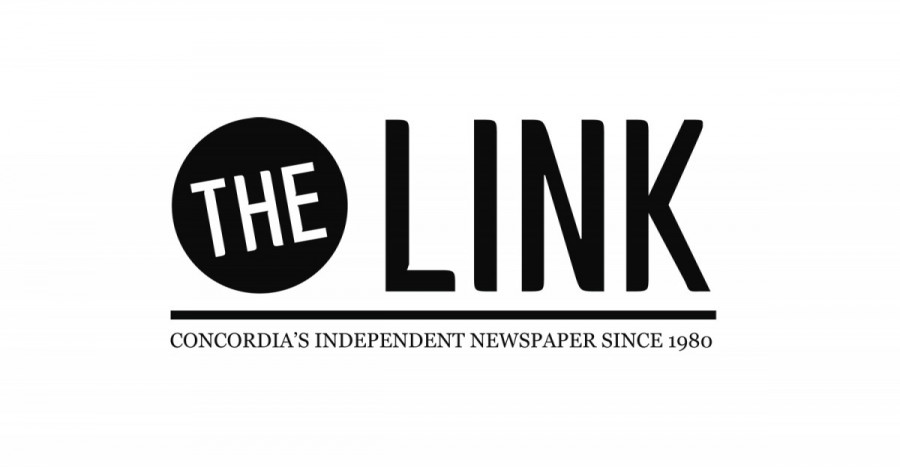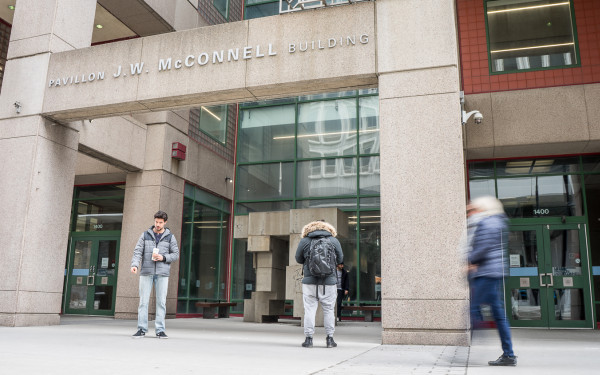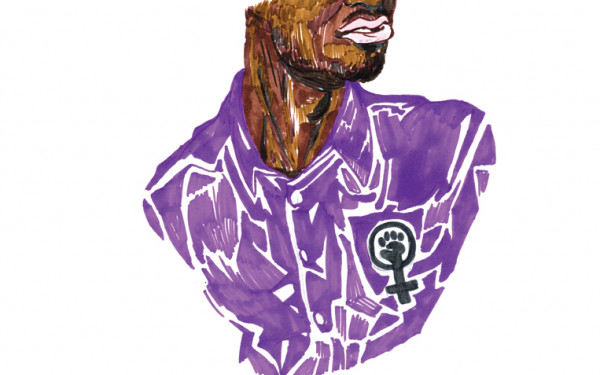Get an Alternative Orientation With Another Word for Gender
Centre for Gender Advocacy’s Event Series Seeks to Empower and Inspire
Orientation Week may be over, but Concordia’s Centre for Gender Advocacy is holding a series of events to empower and educate new students and members of the Montreal community alike.
This is the third year the Centre has put on its Another Word for Gender series, replacing the Centre’s Too Cool for School events which they had held since 2008. The alternative orientation event has a focus on social justice through a gender-issues lens.
“The idea behind it was to have a diverse series because people see inequality and injustice in different ways, and also challenge it in different ways,” said Bianca Mugyenyi, the Centre’s Programming and Campaigns Coordinator.
“We feel that they’re all pretty connected. We wanted to have a series with something for everybody, that was free, public and accessible, and also something that will build people’s strengths.”
Another Word for Gender culminates with the Sisters in Spirit march for missing and murdered Aboriginal women. It’s the Centre’s biggest event each year, bringing together speakers, performers, drummers and more to protest the lack of investigation into the disappearances of these women.
The events are connected to various campaigns the Centre coordinates. Missing Justice, the campaign for missing and murdered women, is putting on its eighth annual march on Oct. 4.
They are also facilitating a talk by Norman Achneepineskum on Sept. 26, who is part of the drum group which plays at the march. All of Achneepineskum’s family went through the residential school system, and he will be telling the story of his mother.
The Centre’s A Safer Concordia campaign, which lobbied the university administration to create a sexual assault centre, is holding consent workshops, which are also offered to students in residence and frosh leaders. This campaign is also welcoming the event’s keynote speaker, Glen Canning, the father of 17-year-old Rehtaeh Parsons, who committed suicide in April after being sexually assaulted and bullied.
Events put on during Another Word for Gender are complementary to each other, highlighting the greater context of issues pertaining to marginalized members of society. The Centre offers tools to put students’ ideas in action, from how to engage with the media and launch their own campaign, to simply inspiring attendees in a community environment.
“Another way of gaining power is just being straight up inspired,” said Mugyenyi. “People like Glen Canning or last year, [founder of the SisterSong Women of Color Reproductive Justice Collective] Loretta Ross, that’s a lot of energy, and it goes a long way in terms of building movements and organizing, becoming active.”
“Everything that happens at the Centre is in some way about getting the word out,” said Maya Rolbin-Ghanie, the Centre’s Publicity and Promotions Coordinator. “What every campaign is doing, it’s largely popular education. Not only just that certain issues exist in the first place, but also trying to constantly grow this capacity to spread the word.”
In the spirit of spreading the word, this year several events examine the role of men in feminism.
“We’re asking questions like ‘how are men affected by patriarchy? Is there an interest there in challenging it?’” said Mugyenyi. “We strongly believe the answer is yes, but we want to have that discussion.
“At the end of the day a lot of issues around gendered violence are actually men’s issues,” she continued. “If we don’t bring the other half of the population into the equation I don’t see how we can effectively overcome the various oppressions of patriarchy.”
For more information about specific Another Word for Gender events, visit genderadvocacy.org






_600_375_90_s_c1.jpg)
1_600_375_90_s_c1.jpg)